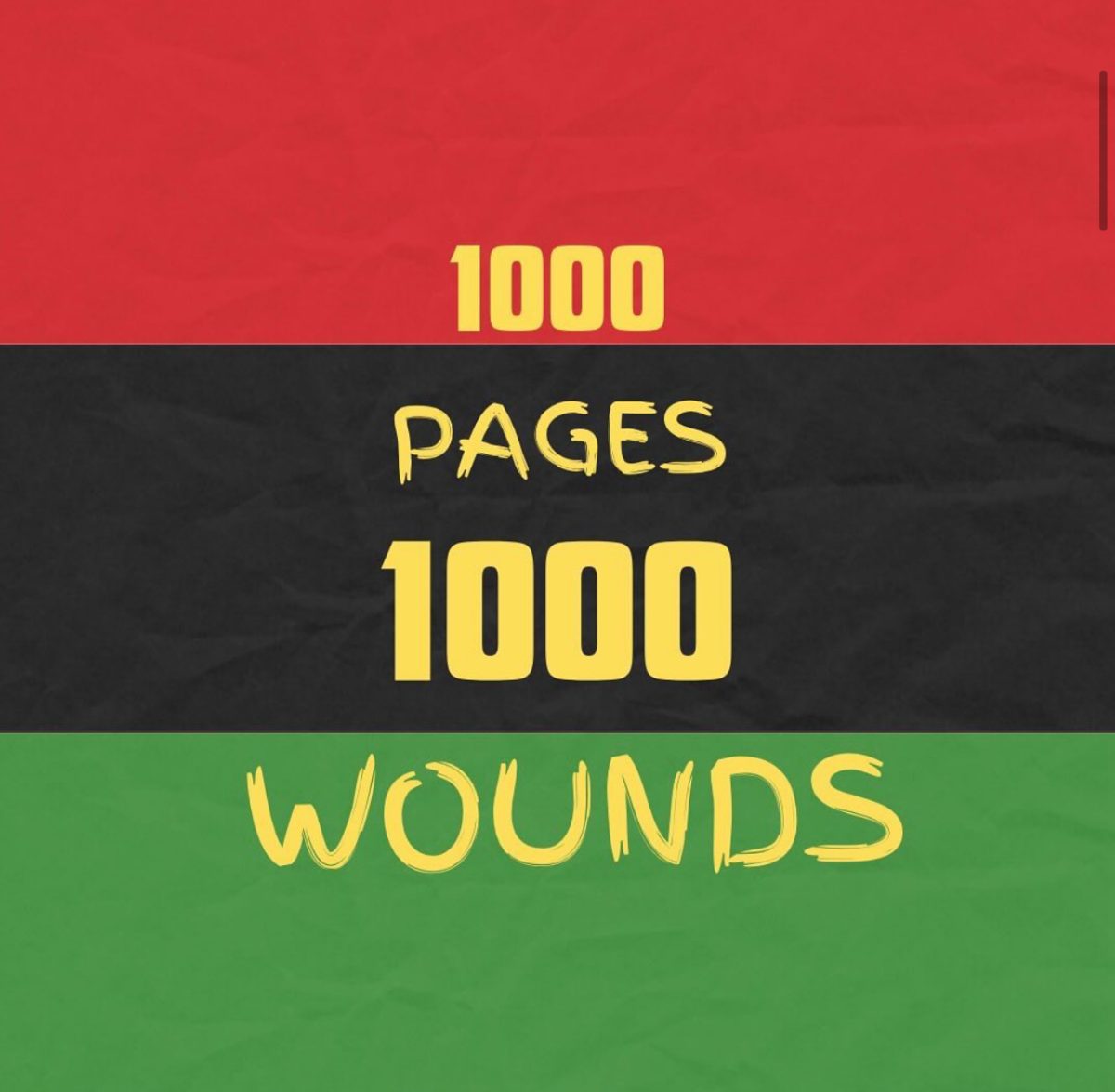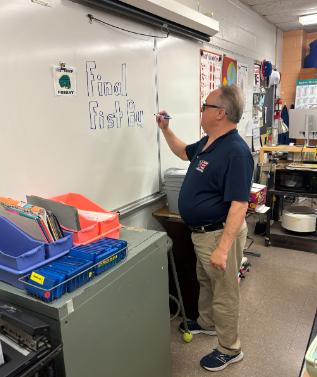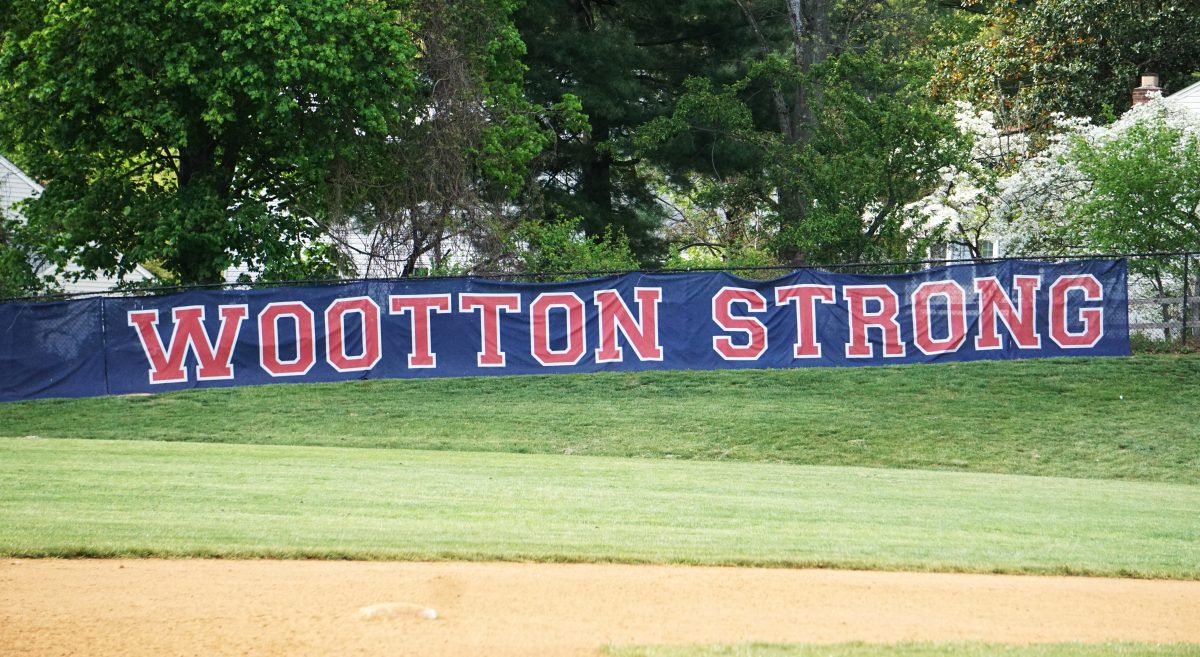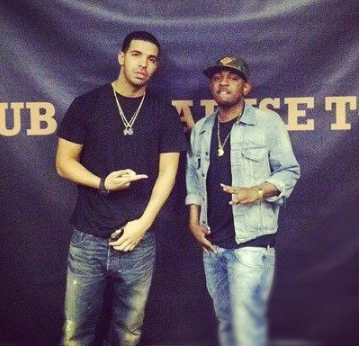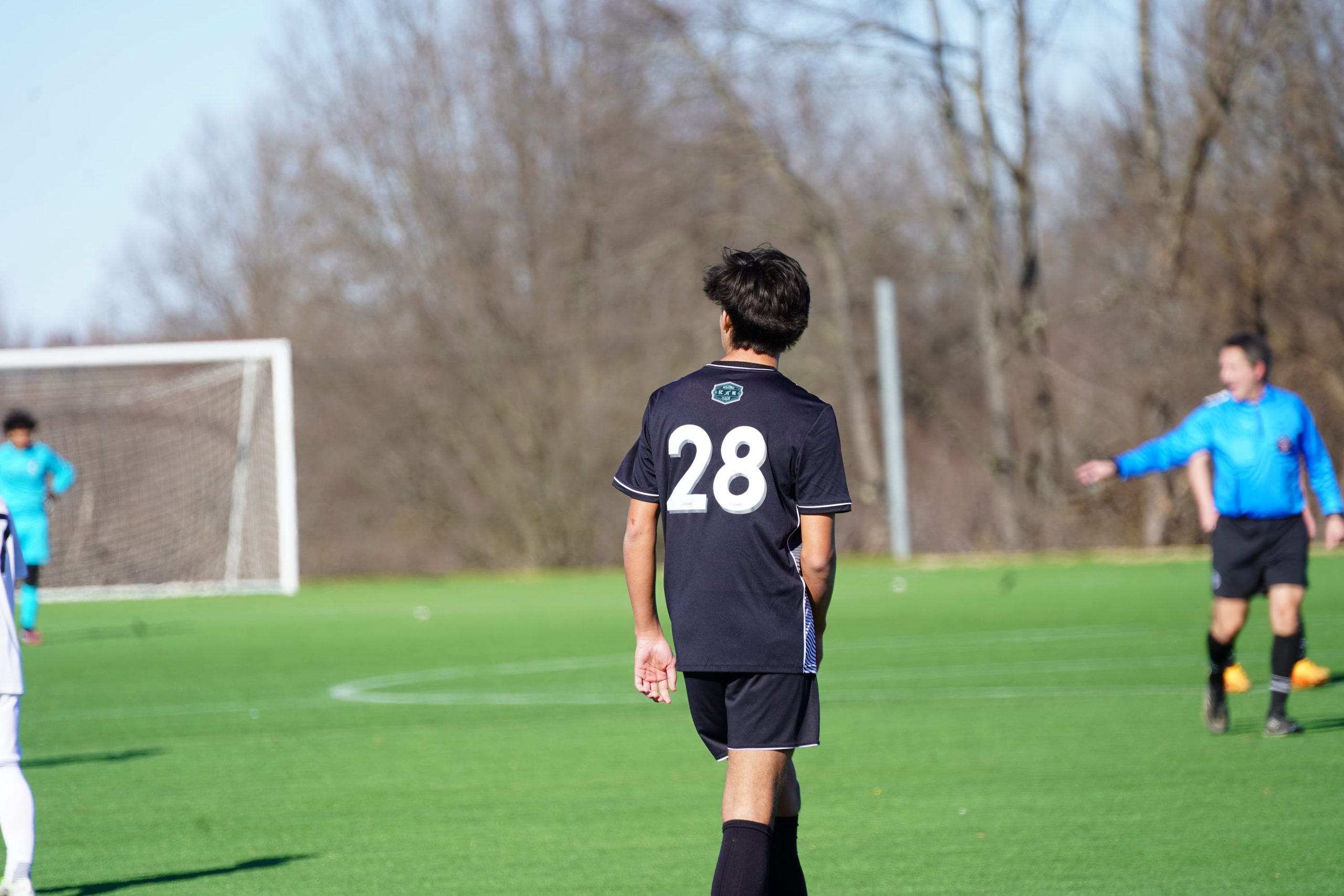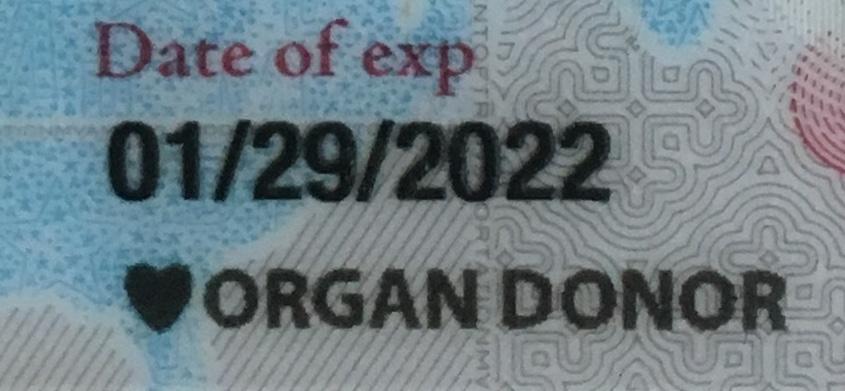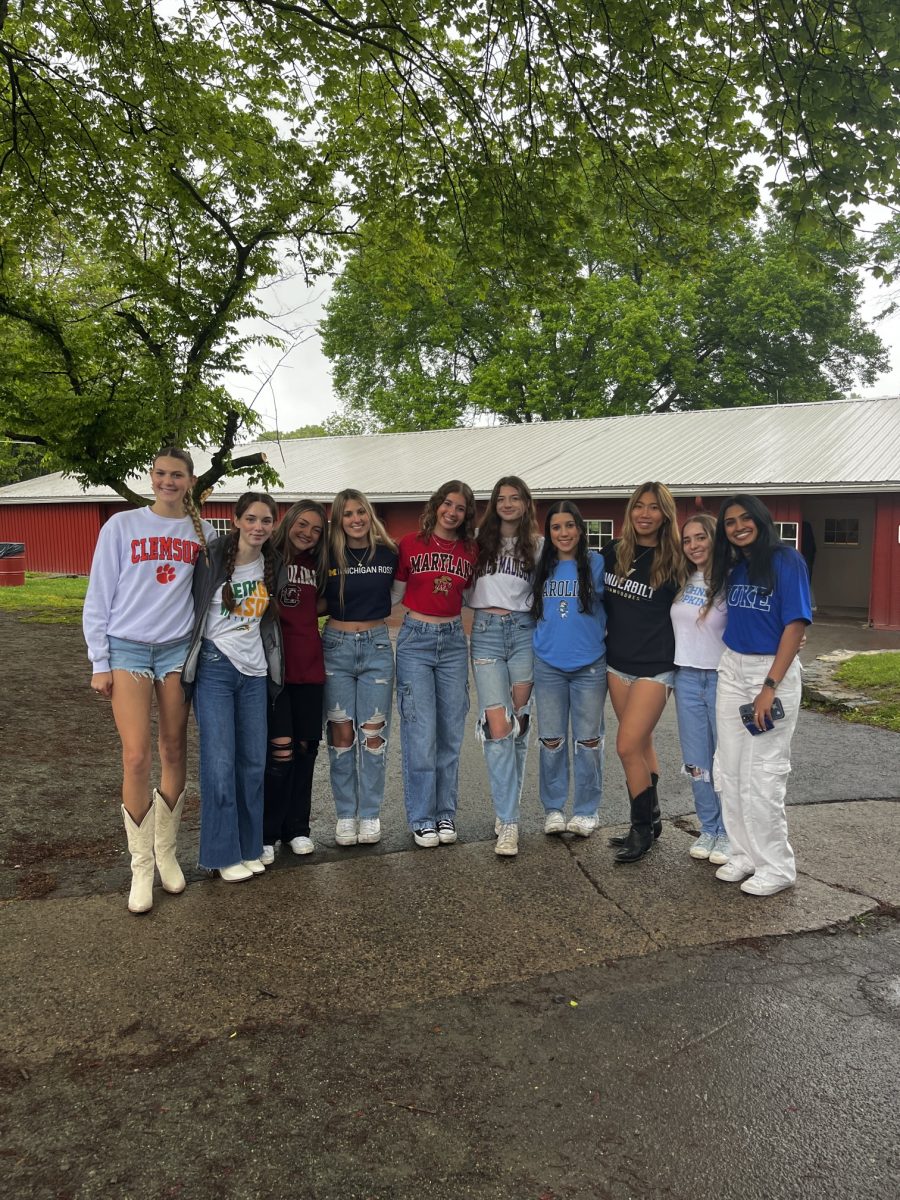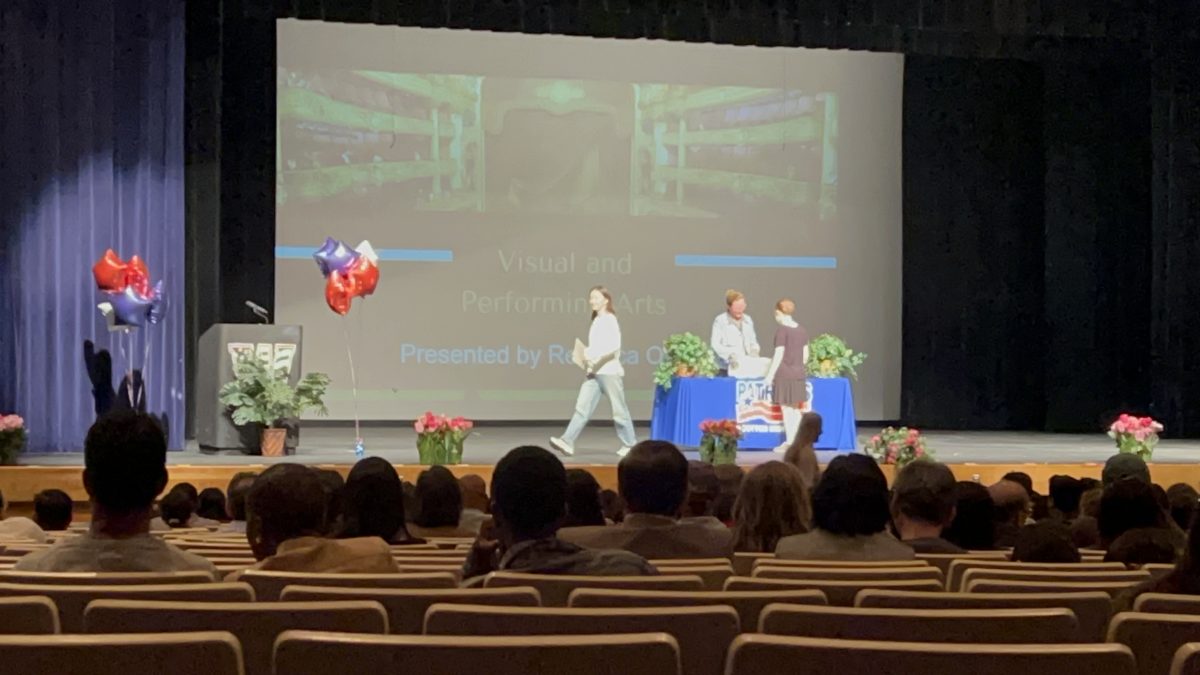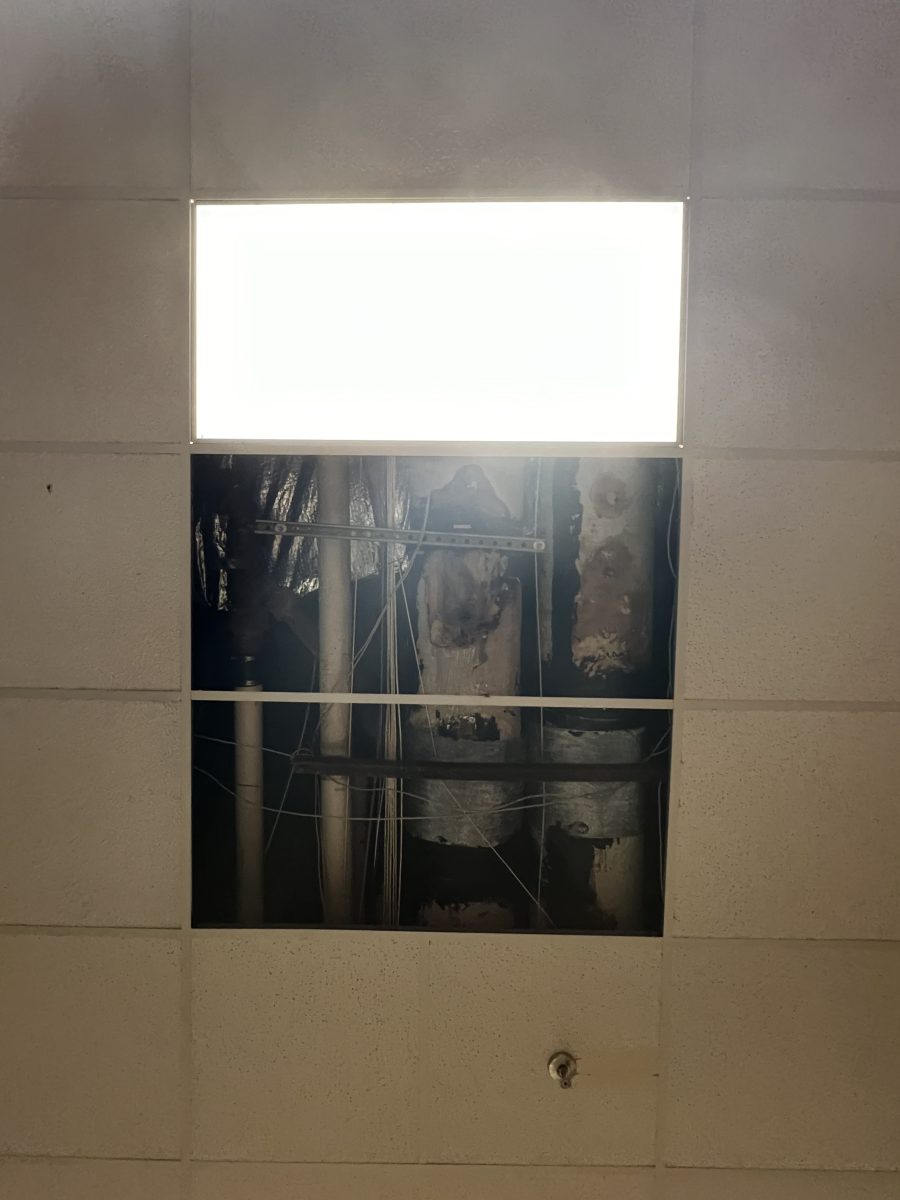At 16 ½ your biggest worries may be getting through the ACT/SAT, dealing with cliche high school drama, and getting your license.
The license part consumes a lot of time. You must complete 30 hours of classroom instruction, six hours of behind the wheel practice, and a total of 60 hours of practice in total (50 during the day and 10 at night). Then after all of this, comes the test. Hopefully the tests ends in success, but then comes the unexpected part: deciding whether or not to be an organ donor and what (if any) political party to join.
These two questions are a lot to think about, and some may feel that they are not decisions that should be made rashly and abruptly. Some people “feel like there’s no negatives in being registered to vote and it’s ok to ask about organ donations,” anatomy and biology teacher Jacob Buxton said.
Shortly after your picture is taken, the first question asked if whether or not you would like to be an organ donor. This question is one that people think about through a religious, social, and personal preference point of view. Some people fear that it may go against their religion’s beliefs and they may not be able to have an open casket funeral. Other people may feel that they are too young to be making an important decision such as this. Some people know the decision they want to make right then and there. “I decided to be an organ donor because I feel that if I can save a life of another person, after I have passed away, I will be making a difference in the world that is beneficial and meaningful,” senior Ashley Pitt said.
After making this first decision, the second is to choose your political affiliation. This question does not need to be answered right away, and can be changed later if you choose to do so. Most kids at this age may not closely follow politics to the extent needed to make an informed decision about which party their views agree with more. While it is not extremely important the party you choose at 16, some thought should be considered. This may include doing some research about the different parties, seeing what political candidates support the specific parties, and most importantly seeing if the your specific views overlap with the views of the party of your choosing. Some people may feel that they are up to date enough on politics and want to make a decision right then and there as to which party they should be registered under. “I registered as an independent because I was not completely sure which party was better for me at the time,” junior Abby Feitel said.
Once you leave with your license in hand, you can go back to your normal high school life. You can continue to worry about who subtweeted who or when you can cram in your next ACT practice test.
Rachel Berman
Staff Writer


